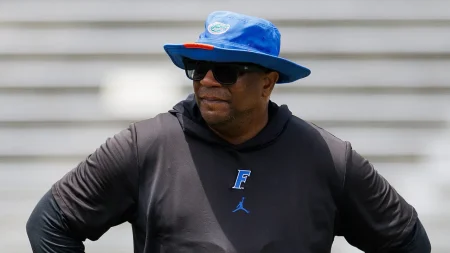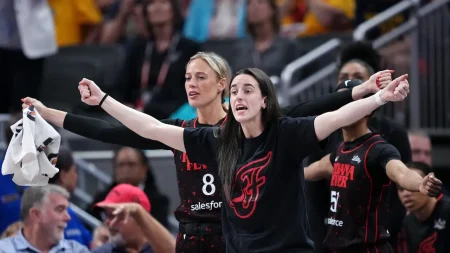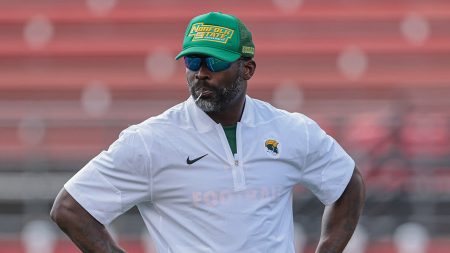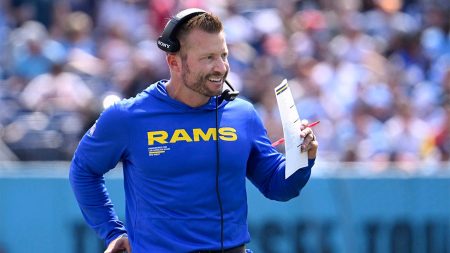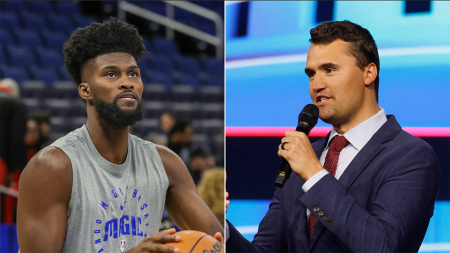The Detroit Tigers have sent their closer from last season, Alex Lange, to Triple-A following an incident in which he showed frustration on the mound during a game. Lange had given up two runs and then threw a baseball in a reckless manner into the protective netting after allowing back-to-back walks earlier in the week. Manager AJ Hinch scolded Lange during a mound visit following the incident. Lange’s frustration is understandable as his performance this season has not been up to par, with an increased ERA, high walk rate, and WHIP.
The incident with Lange led to his demotion to Triple-A, with Hinch stating that it was purely performance-related. Lange’s struggles with strike-throwing and execution were cited as reasons for his role change and subsequent move to the minor leagues. This decision came after Lange had a strong start to the season but had recently struggled, allowing multiple earned runs in a short amount of time in several games. Hinch emphasized that the decision was not a reaction to the emotional outburst during the game but rather a strategic move to help Lange work on his pitching in a lower-pressure environment.
The demotion of Lange highlights the challenges and pressures that professional athletes face, particularly in high-stress situations like being a closer in Major League Baseball. The decision to send Lange to Triple-A is part of the Tigers’ efforts to help him improve his performance and work on specific areas of his game, such as strike-throwing and execution. The move to the minor leagues can provide players with an opportunity to reset, refocus, and develop their skills without the added pressure of competing at the highest level.
Lange’s journey from being a successful closer last season to being sent to Triple-A reflects the highs and lows that athletes experience throughout their careers. It is a reminder of the importance of resilience, mental toughness, and the ability to adapt to changing circumstances in professional sports. While Lange may be disappointed with the demotion, it presents an opportunity for him to work on his game, make improvements, and potentially earn a return to the major leagues in the future.
The incident involving Lange and his subsequent demotion also sheds light on the role of managers and coaches in guiding and developing players. AJ Hinch’s decision to send Lange to Triple-A was based on a strategic assessment of his performance and areas needing improvement. By providing support, guidance, and opportunities for growth, coaches and managers play a crucial role in helping athletes navigate challenges, make progress, and achieve their full potential in sports. Lange’s demotion serves as a learning experience and a chance for him to make adjustments and continue his development as a professional baseball player.
In conclusion, the decision to send Alex Lange to Triple-A following an emotional outburst on the mound reflects the complexities and challenges of professional sports. Lange’s struggles with performance and execution led to his demotion, highlighting the importance of resilience, mental toughness, and the role of coaches in guiding player development. While the demotion may be disappointing for Lange, it provides an opportunity for him to work on his game, make improvements, and eventually return to the major leagues. This incident serves as a reminder of the highs and lows that athletes face and the importance of perseverance and adaptability in the world of professional sports.





